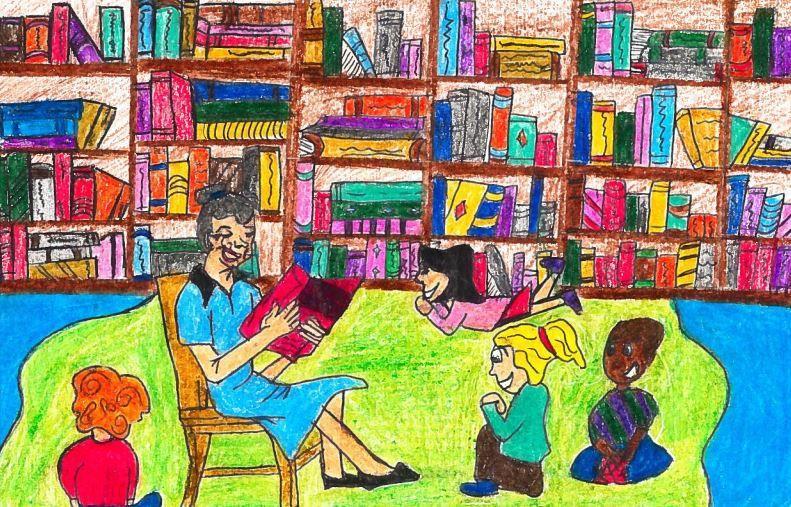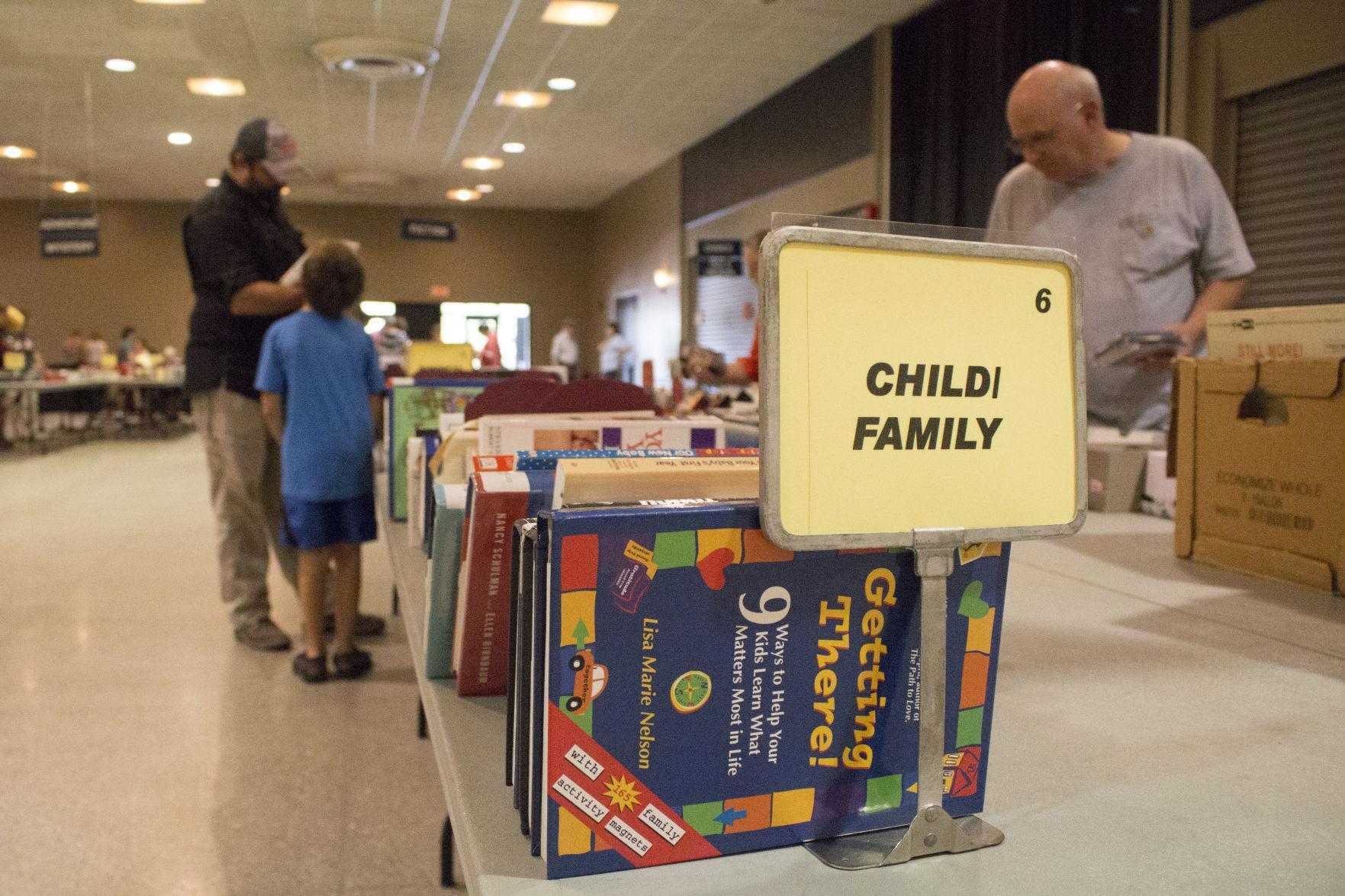Have you ever held an argument or conversation with someone and wondered, “why don’t they get it?” Why can’t they put themselves in your shoes and acknowledge your point-of-view? The reason is due to the person’s lack of empathy, which may be caused by the lack of reading in their childhood.
This theory came to me while I was sitting in my Honors Introduction to Mass Communication class the day after the 2016 presidential election. Classmates were questioning why anyone with a different cultural background would be upset. It honestly shocked me to hear that my well-educated, upper middle-class peers were confused by people’s disdain in other socioeconomic groups for an openly racist president. Then I realized that when our professor asked us in a previous week if anyone read books as a child, many of these same outspoken people admitted to not being active readers.
Childhood literacy leads to more empathetic, tolerant adults. Society has more or less accepted that reading literature can benefit us mentally in one way or another. Freakonomics introduces the concept of childhood literacy as a way to increase vocabulary and success later on in academic endeavors. Studies have shown that the presence of a library in lower-income neighborhoods affects those neighborhoods by reducing crime rates. We, as a society, accept that literacy benefits underprivileged communities, but what about privileged children? People who have rarely faced adversity due to high financial or social status could also gain from literacy.
Keith Oatley, a cognitive psychologist at the University of Toronto told the Washington Post about his 2006 study, which tested participants on their ability to recognize fiction author’s names. Participants who recognized more author’s names could also accurately assess the mental states of actors just based on their eyes, performing better in empathy tests.
“When we read about other people,” Oatley said, “we can imagine ourselves into their position and we can imagine it’s like being that person.”
Consider this: as an avid reader, you experience life first-hand in multiple different perspectives. You know what it’s like to go to school as a closeted gay student, celebrate Christmas with parents who could not afford to buy you nice gifts and faced oppression first-hand as a minority in the work force.
Scientific American points out that the child’s book genre makes a difference in their empathetic level. Researchers found that reading pop fiction does not build empathy because its characters and their internal dialogue lacks depth, and the characters have less obstacles to overcome.
Reader’s Digest also points out that readers must be transported through their novels and must read more than a single chapter to show significant increase in emotional intelligence.
Emotional intelligence cannot be taught in schools. It is a self-learned skill acquired through extensive social interaction, studying history and reading literature. Why is empathy important? Because the more tolerant and understanding individuals in society become, the closer humankind as a whole can come together in unity.
The answer to world peace could lie in the simple decision to read more. If society as a whole can be more empathetic, then it’ll be easier to go through life’s greatest struggles and crises.
Kate Roy is a 19-year-old mass communication sophomore from Lafayette, Louisiana.






